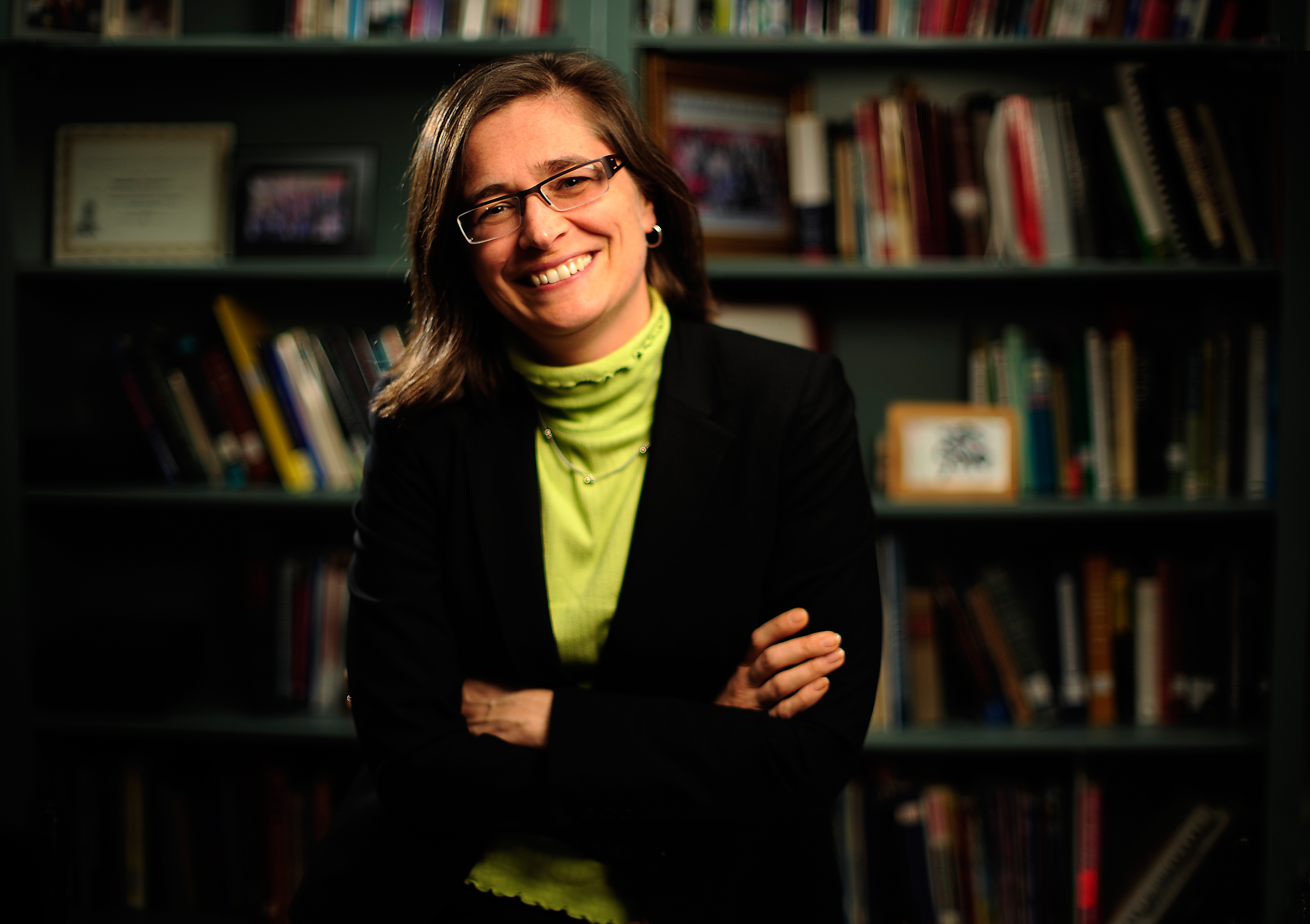Vanderbilt helps rural Tennessee county solve cancer outbreak mystery
Growing worries among Grundy County, Tennessee, residents about cancer outbreaks within families, churches and neighborhoods have propelled a community partnership that draws on Vanderbilt’s strengths to develop environmental and health self-assessment tools.
“We are grateful to Vanderbilt for helping us obtain resources like water testing and GIS mapping that we could not access with only our small group of volunteers,” said Crystal Rymer, a board member of the Grundy County Cancer Research Organization. Her husband died at age 40 from colon cancer three years ago. Rymer, a lifelong resident of Grundy County, said that cancer has affected every home on the road that circles her community.
Brooke Ackerly, a Vanderbilt political scientist with a strong interest in environmental justice, is leading Vanderbilt’s cross-disciplinary efforts to help Grundy residents collect relevant data. Ackerly learned of the residents’ concerns while enjoying the county’s beautiful natural areas. “After becoming friends with community members affected by concentrations and frequencies of cancer, I reached out to my colleagues in the College of Arts and Science,” she said. “We came together as part of a Grand Challenge Initiative on global ecology and health to bring Vanderbilt expertise in support of a community-driven project.”
Christopher Vanags, director of the Peabody Research Office in the Peabody College of education and human development, and research assistant professor of Earth and environmental sciences, along with Stevenson Professor of Chemistry John McLean and Katrina Leaptrot, PhD’18, research assistant professor of chemistry, are among Vanderbilt faculty who have traveled to Grundy County High School to teach biology and chemistry students about the science behind diagnostic tests on drinking water.
“With the Grand Challenge Initiative, we put a priority on citizen science to preserve the community leadership of projects and encourage public participation in scientific endeavor,” McLean said.
Leaptrot led a group of six Vanderbilt undergraduates who designed and put together about 200 water test kits for their formal immersion project. The study is developing ways to reach both a broad sampling across the county and an oversampling of data in suspected environmental toxicity hotspots. This provides the community with background knowledge about environmental risk factors, greater confidence in the current status of their environment and an understanding of how past conditions might affect the present.

